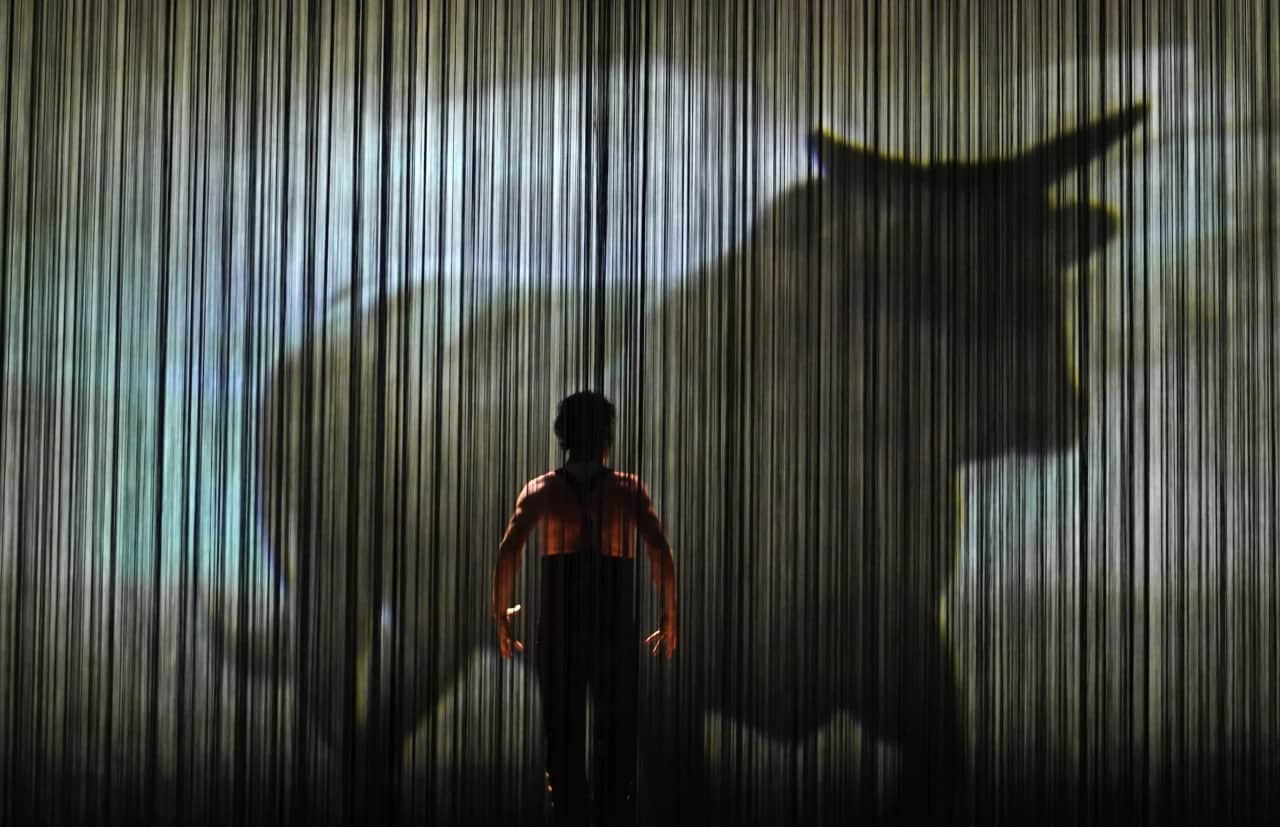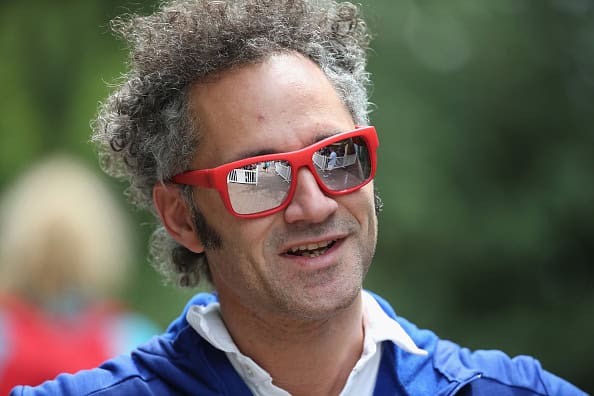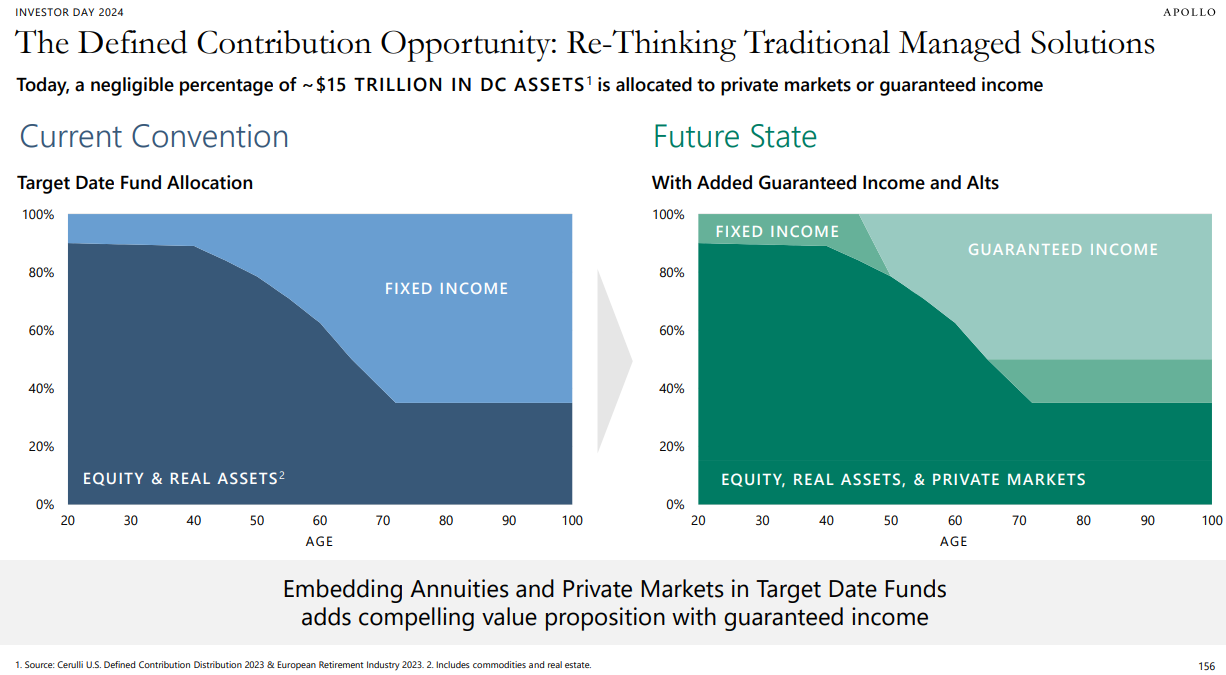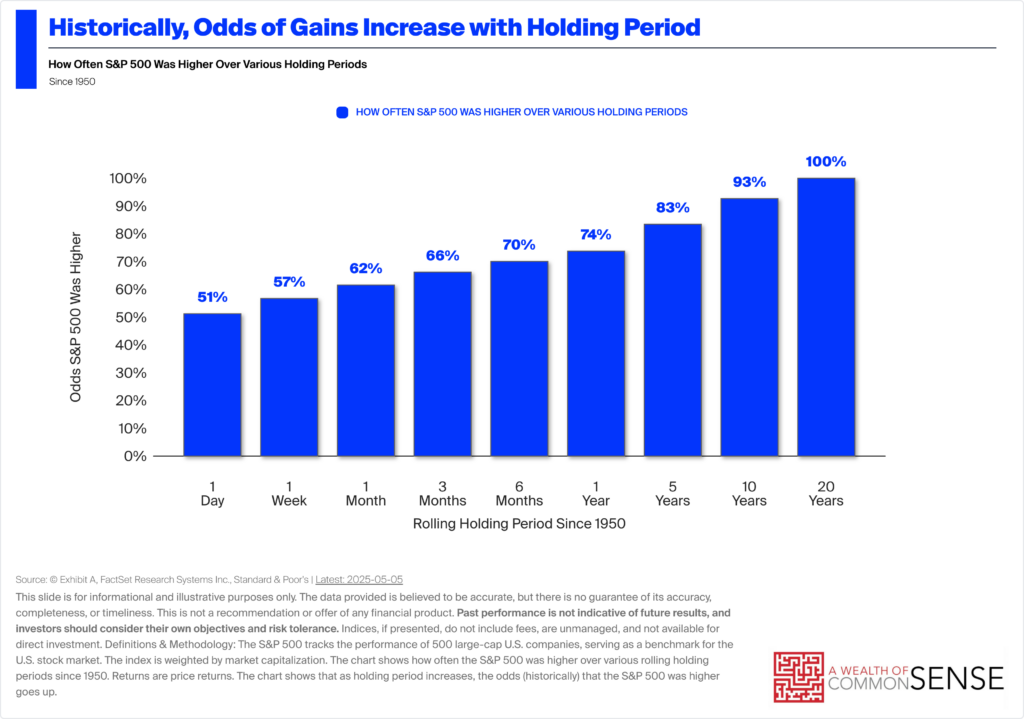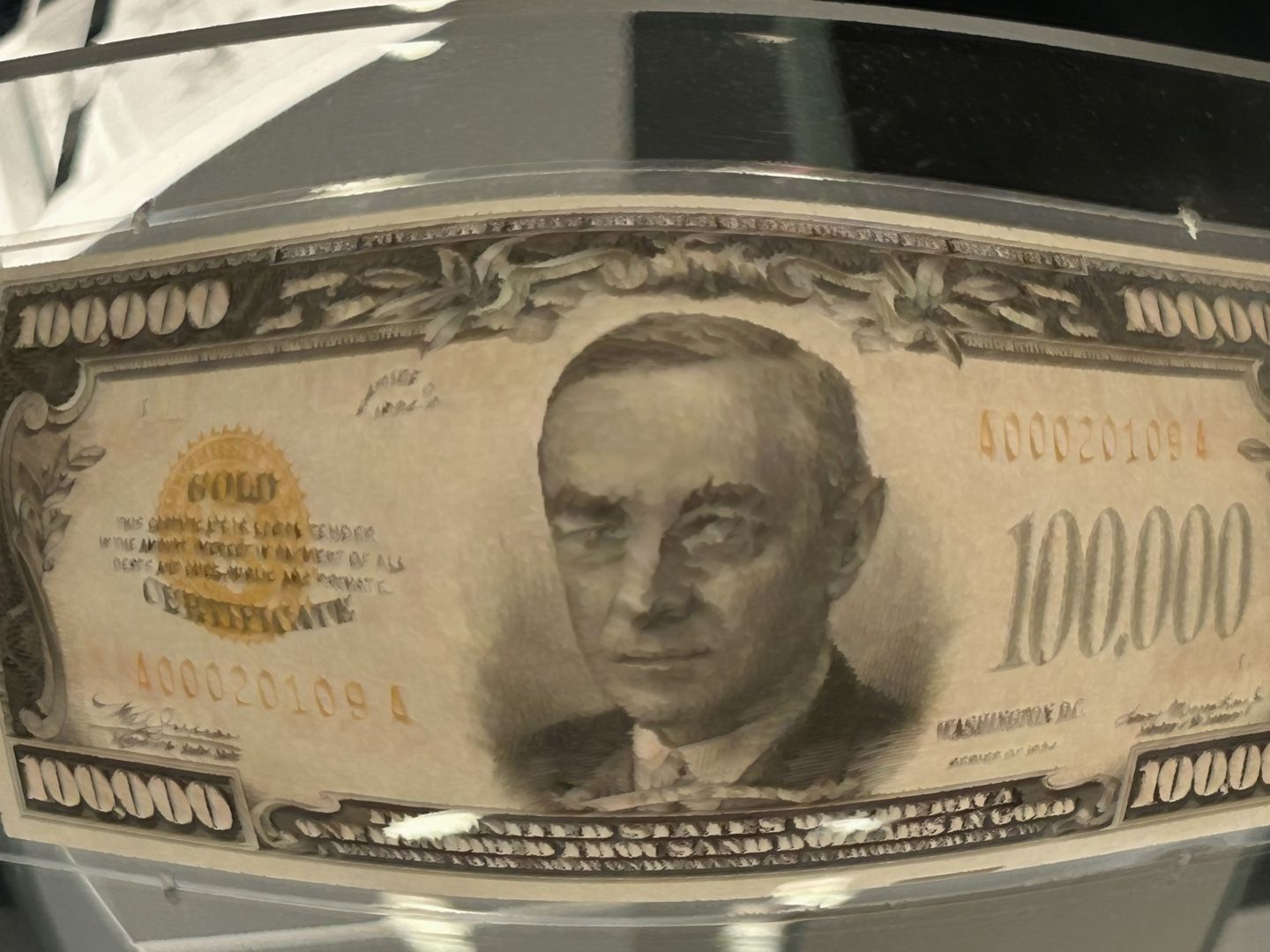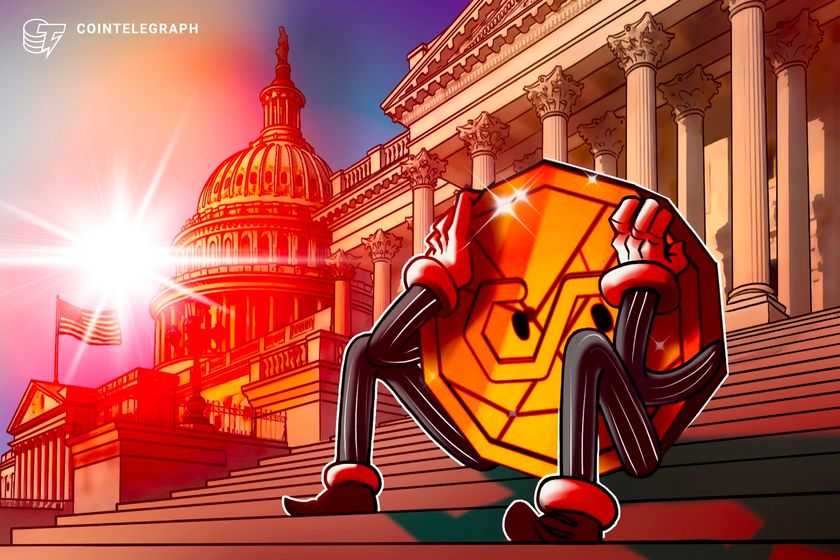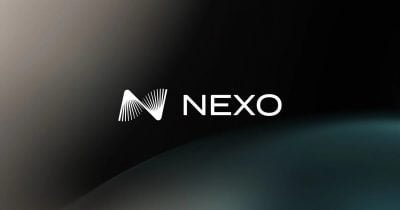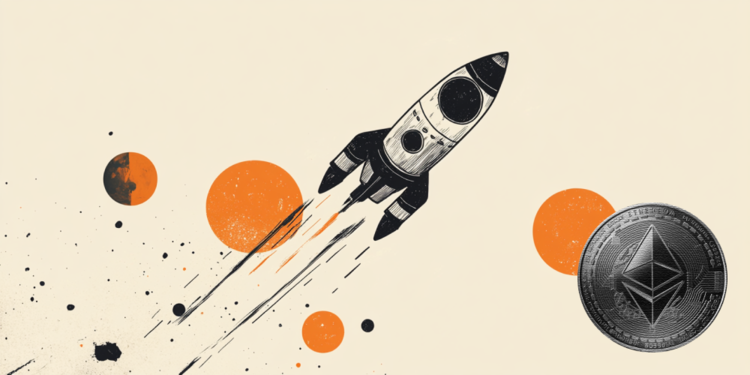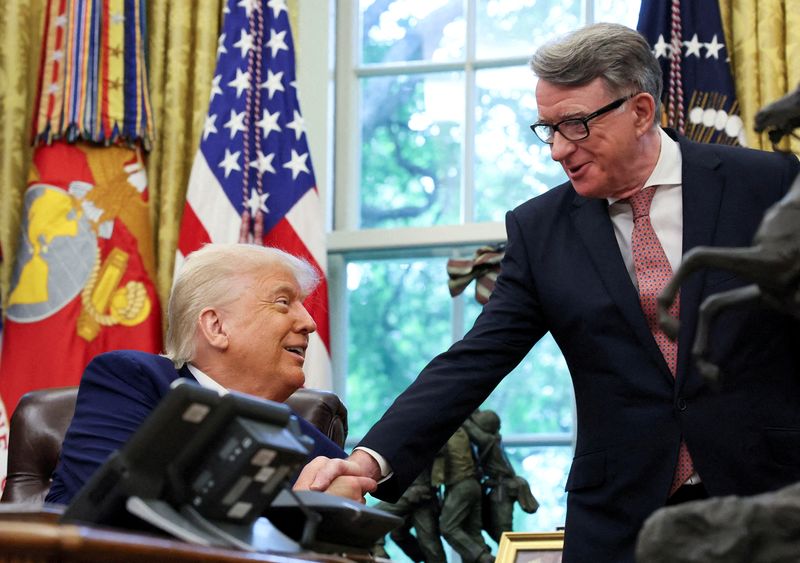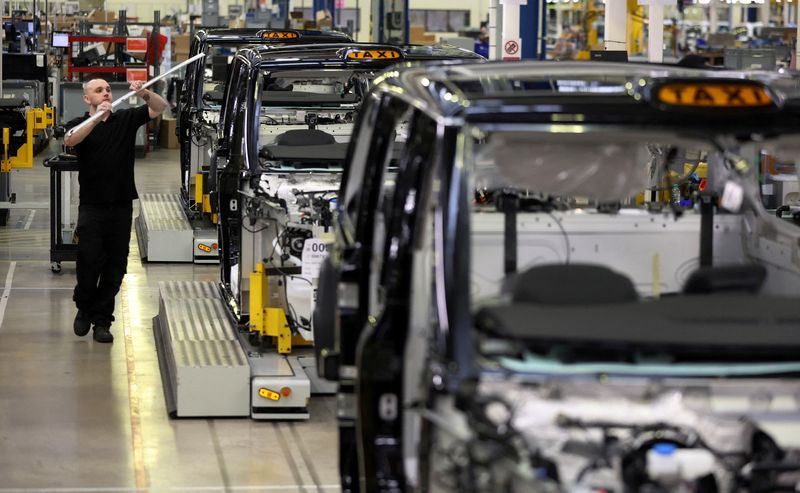Why a DeepMind AI researcher thinks there’s a connection between business and improv theater
Meet the theater director of an AI-powered improv troupe.

- Piotr Mirowski runs Improbotics, an improv theater company that uses AI-powered smart glasses to generate off-the-cuff lines for its skits. He said improv can have real-life applications in the business world, like collaboration and team building.
Piotr Mirowski is an AI researcher at Google DeepMind by day and an improv theater director by night. But his theater company, Improbotics, is no ordinary group of thespians. They are AI-powered actors.
Improbotics often incorporates AI language technology into its performances. In Mirowski’s view, there are similarities between the work improv theater actors do on stage and what AI models do to spit out answers because both require quick responses to unexpected prompts.
“Some researchers [and] academics have defined improvisation as real time, dynamic problem solving,” Mirowski said on Tuesday during Fortune’s Brainstorm AI conference in London, United Kingdom.
AI-powered improv may be a rather niche product tailored to a specific group of improv theater and computer-science aficionados, but it does have some applications in the business world. Research shows improv theater can help stimulate the same on-the-fly thinking and teamwork required in the business world.
“One of the reasons why improv is so valued in business environments is that it's all about collaboration and it's about learning to listen to your stage partner,” Mirowski said.
The corporate version of improv theater stems from what is called applied improvisation, a field of study that looks at using off-the-cuff skills outside of theater. In the corporate world, improv theater generally takes the form of team-building exercises.
An article published in the Harvard Business Review suggested business leaders adopted improv’s famed “yes and” mentality when discussing possible solutions to a problem they’re facing. Doing so, the article said, can create an environment in which everyone feels safe speaking in meetings and no ideas get left out because someone wasn’t comfortable contributing.
Because improv is also (by its nature) unexpected, it can help team’s be comfortable with ambiguity. This is a critical skill in business as leaders have to adapt to a host of unanticipated problems from a competitor launching a superior product to a factory malfunction that shuts down lines.
Mirowski brought an additional layer to this school of thought with his AI research. He developed smart glasses that run his language model, which improv actors wear during a skit. The model then analyzes what someone says in a scene and offers several possible new lines, which the wearer of the glasses sees on their smart display. It’s then up to the actor wearing the smart glasses to pick the AI-generated lines.
“There is a curator, a human in the loop who is choosing the best lines,” Mirowski said.
He added that this sort of improv theater turned a person into a “cyborg” that applies human decision making to an AI-generated output. “AI is not about an oracle giving an answer, but it's about a stochastic parrot generating answers all the time—and it's up to you to choose the best one,” Mirowski said.
This story was originally featured on Fortune.com





















